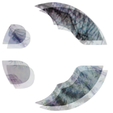|
2019 marks several significant built environment sector centenaries. In 1919 the world's most famous "school of building", the Bauhaus, opened its doors, as did the University College of Estate Management, and the Canadian Institute of Planners. Providing thought-leadership and representation to over 7,000 members practicing in one of the fastest-changing environments worldwide, the latter is marking their centenary with a year-long schedule of activities both on and offline, and encompassing many of the most critical issues, both environmental and social, of our time, of which the highlight is its annual conference. Themed 'Generation', and featuring 100+ speakers, 60 sessions, 8 workshops, and 14 learning tours, the conference will take place in the first week of July at the Westin Hotel in Ottawa, which is located on the unceded territory of the Algonquin Anishinaabe Nation, and the home of the inaugural meeting of CIP's antecedent organisation [the Town Planning Institute of Canada]. I'm delighted to be joining Anishinaabe, Adjunct Professor, Academic Advisor, and Executive Director of the Yellowhead Institute, Hayden King, as a keynote at the conference. An event that will bring together a truly diverse community of researchers and practitioners from across all facets of planning and its affiliated fields, Generation looks set to be one of the most dynamic and thought-provoking events in the 2019 built environment calendar. With places limited to just 800, those interested are recommended to register early to avoid disappointment.
Read more here.
0 Comments
As Dazed magazine dive into the potentialities of our future world, Prof. Rachel Armstrong and I share our thoughts on bioenergy, solar, and more in its latest issue, out now in print and online at this link.
On Thursday May 16th I'll join Executive Director of CBRE, Amanda Clack, Founder of Alpha Property Insight Dan Hughes, and CEO of Cast, Mark Farmer, as we share our thoughts on the built environment of the future at the University College of Estate Management's VIP centenary celebrations at The Crystal, London. Presenting 'Places Beyond: Future cities past, present, and possible', I'll be discussing perceptions of 'the future city' in the UCEM's inaugural year [1919], together with some of the factors that influence perceptions of 'the future city' today, and what both my research and that of peers suggests may be the future 'cities' of tomorrow. They that, but for the distance, would like join us can tune in to our presentations and panel discussion via livestream at UCEM's Youtube Channel at 16:30 GMT.
Established in 2010, Istanbul-based Konsept Projeler magazine brings together insights near and insights far on developments in architecture, design, and the built environment more generally. Produced in both Turkish and English, digital and print, thanks to considered editorial and partnerships with leading architecture festivals and events, it's become firmly established as a formidable force in the architectural print-publishing sector.
I'm delighted to join contributors including Kengo Kuma, Ken Yeang, and Carlo Ratti in sharing thoughts on emerging trends at the intersection of architecture and nature, including a critique of the concept of 'vertical cities'; why and how leading multinational PLCs across multiple market sectors are embracing biodesign and its sister disciplines; and a few words on projects current and pending. Find the article in issue K61, available now online and in-store. Find more details here. In March, I had the pleasure of joining the board and scientific committee of the European Centre for Ecotoxicology and Toxicology of Chemicals to deliver the keynote at their annual dinner. Its members tasked with tackling some of humanity's most complex, therein difficult challenges, such for example as how the ilk of environmental pollution of myriad variants can be prevented, ECETOC bring together world-leading experts around leading-edge science, technologies, and thinking both in, and beyond, chemistry.
Titled, 'Through the Looking Glass: Journey's through Time and Space', my keynote examined why and how we perceive of future urban and societal possibilities as we do, using case studies past, present, and possible future in the process, before examining how new approaches, both ideological and technical, may enable us to align the materiality, design, construction, and maintenance of cities with they of the natural world - with the cycles of Earth Systems. Evidencing their understanding of how, technically speaking, chemistry, not money, makes the wider workings of the world 'go round' [how, from the molecular level upwards, material flows], ECETOC's board and committee members shared many compelling questions, reflections, and ideas on the subject. But, keen to carry on the conversation, we've taken our discussion online, in the form of #ScienceChats which will be shared via ECETOC's social media. An initiative that will see various members and affiliates of the ECETOC community contribute their thoughts, you can join the chats via @ECETOC on Twitter, amongst other platforms. "What role does chemistry have to play in building a better future?" "What is the value in looking to nature when seeking to solve human problems?" "How can we communicate about science today?" Find out more about ECETOC and their work here. On April 29th BBC Radio 4 launched 5-part radio series "The Five Faces of Leonardo", which produced by revered producer Sara Parker, explores Leonardo da Vinci's scientific, engineering, and wider STEM endeavours. In the first episode, Leonardo's Heart, surgeon Francis Wells exams Leonardo's anatomical drawings and discusses his research methods and discoveries, and why and how they remain relevant today. In the second episode, Leonardo's City, I take listeners on a journey through Milan past and present, and in the process share thoughts on Leonardo's contribution to city planning, construction, and the wider built environment. In the third, forth and fifth episodes, historian David Willey looks at Leonardo's military innovations, roboticist Mark Rosheim discusses Leonardo's automations, and artist Ralph Steadman shares his passion for Leonardo's flying machines. Works that peers and I discuss during 'Leonardo's City' include the Codex Trivulzianus, Codex Atlanticus, and The Last Supper, amongst others. Our research travels having taken us to Castello Sforzesco, including Salle della Asse; Museo Nazionale della Scienza e della Tecnologia Leonardo da Vinci, Biblioteca Ambrosiana; Santa Maria Delle Grazie; the Leonardo 3 exhibition; the locks of Naviglio Grande; and Leonardo's vineyard, and more, I extend my heartfelt thanks to all as gave of their time, expertise, and inspiration to the production team and I. 2019 marking the 500th year since Leonardo's passing, all the above cited exhibitions and venues, together with umpteen others across Italy, France, UK and beyond are celebrating his many and varied contributions to society. Many, such as Leonardo 3, draw on state-of-the-art scientific enquiry, and shed new, and at times unexpected light onto the man and his works. Must-sees include Leonardo's frescos in the Salle Delle Asse at Castello Sforzesco, which in restoration will, for the first time, be accessible to the general public from May, and the Biblioteca Ambrosiana's series of exhibitions exploring various aspects of the Codex Atlanticus. Search #Leonardo500 to find out more. Listen to 'Leonardo's City' here and see a few photographs from our da Vinci travels below. |
AuthorMelissa Sterry, PhD, chartered design scientist, systems theorist, biofuturist, and serial founder inc. Bionic City® Bionic CityAsking the question "how would nature design a city" since 2010.
Archives
October 2023
Categories#bionics
#biotech #biodesign #bioscience #biomimetics #biotechnology #bioengineering #bioinnovation #bioaesthetics #biorevolution #bioenterprise #biosystems #biocreative #biofuturism #biofutures #biocentric #biofacture #biotecture #biovation #biofiction #biourban #biocities #biolab #bioart #STEM
#STEAM #STEAMED #STEMcomms #STEAMcomms #STEAMEDcomms © Bioratorium Limited & Melissa Sterry
2021 All Rights Reserved |

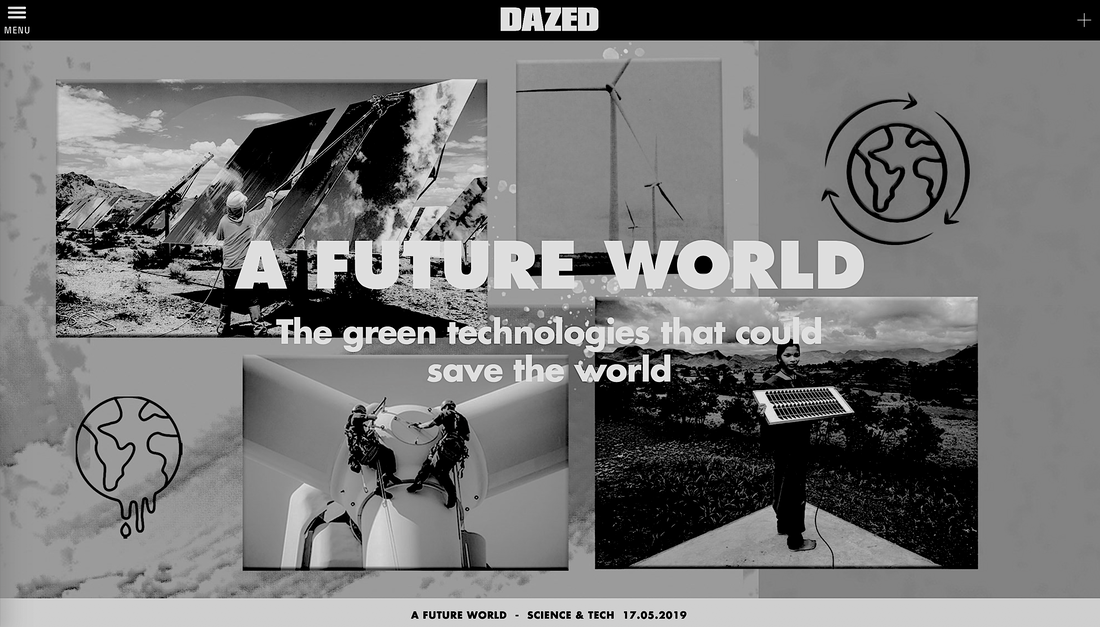

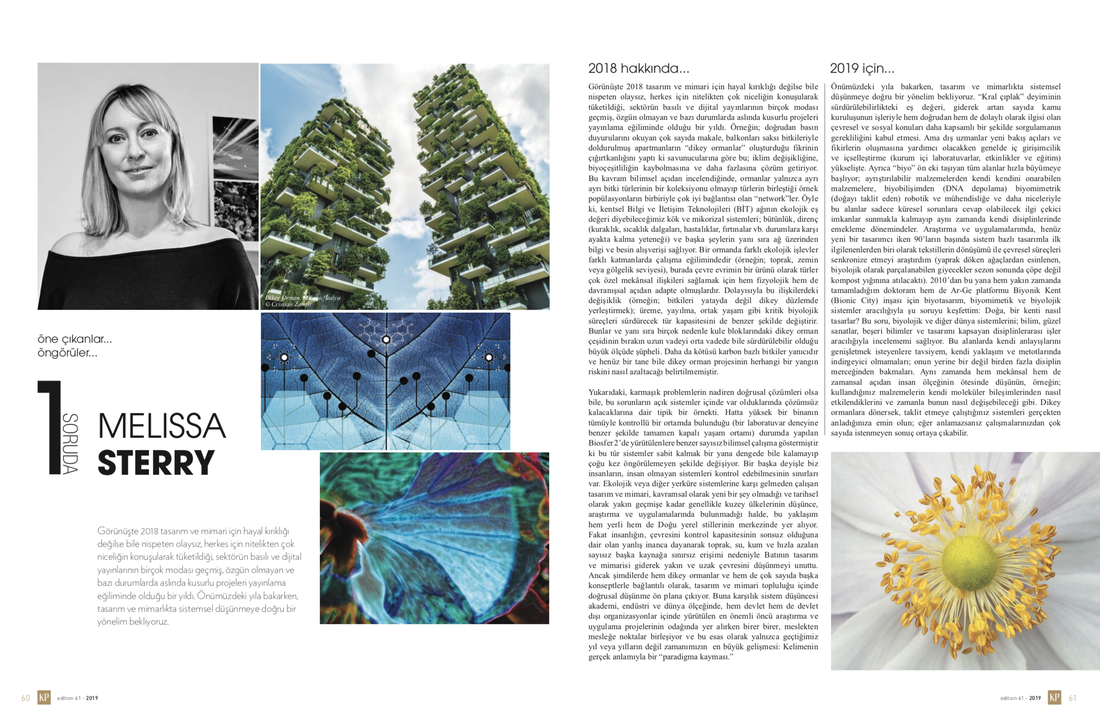
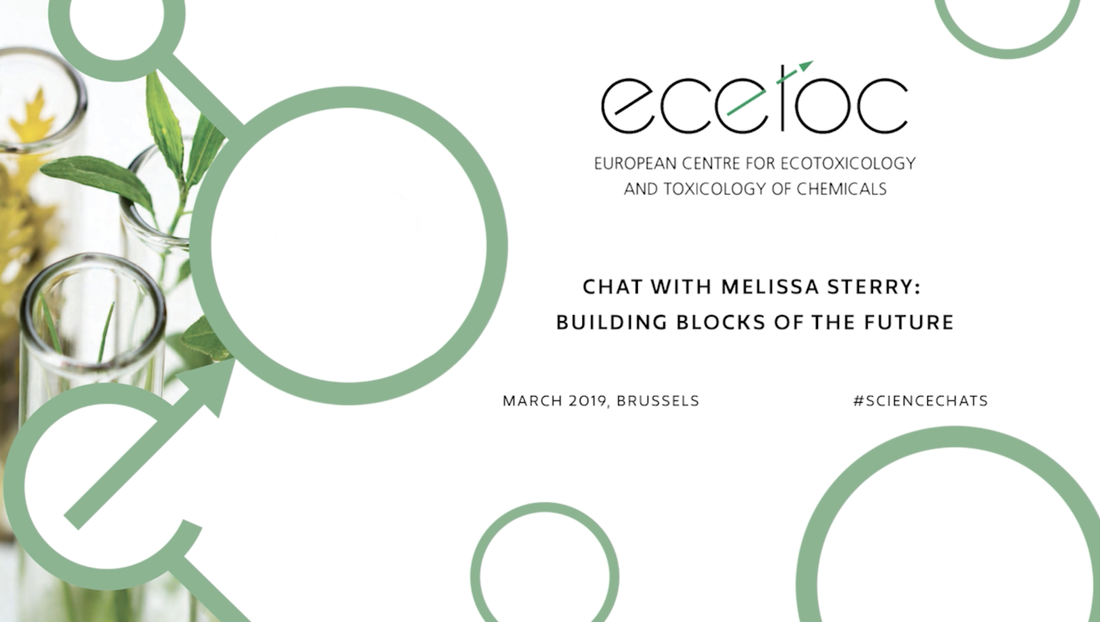
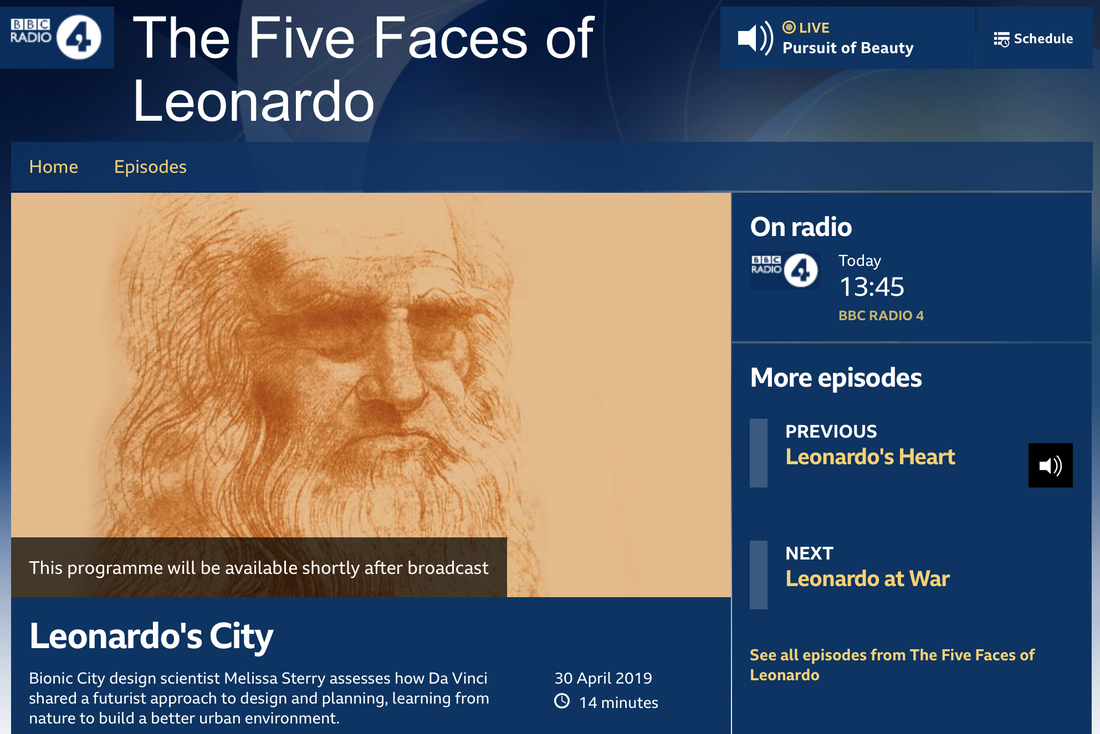
 RSS Feed
RSS Feed
